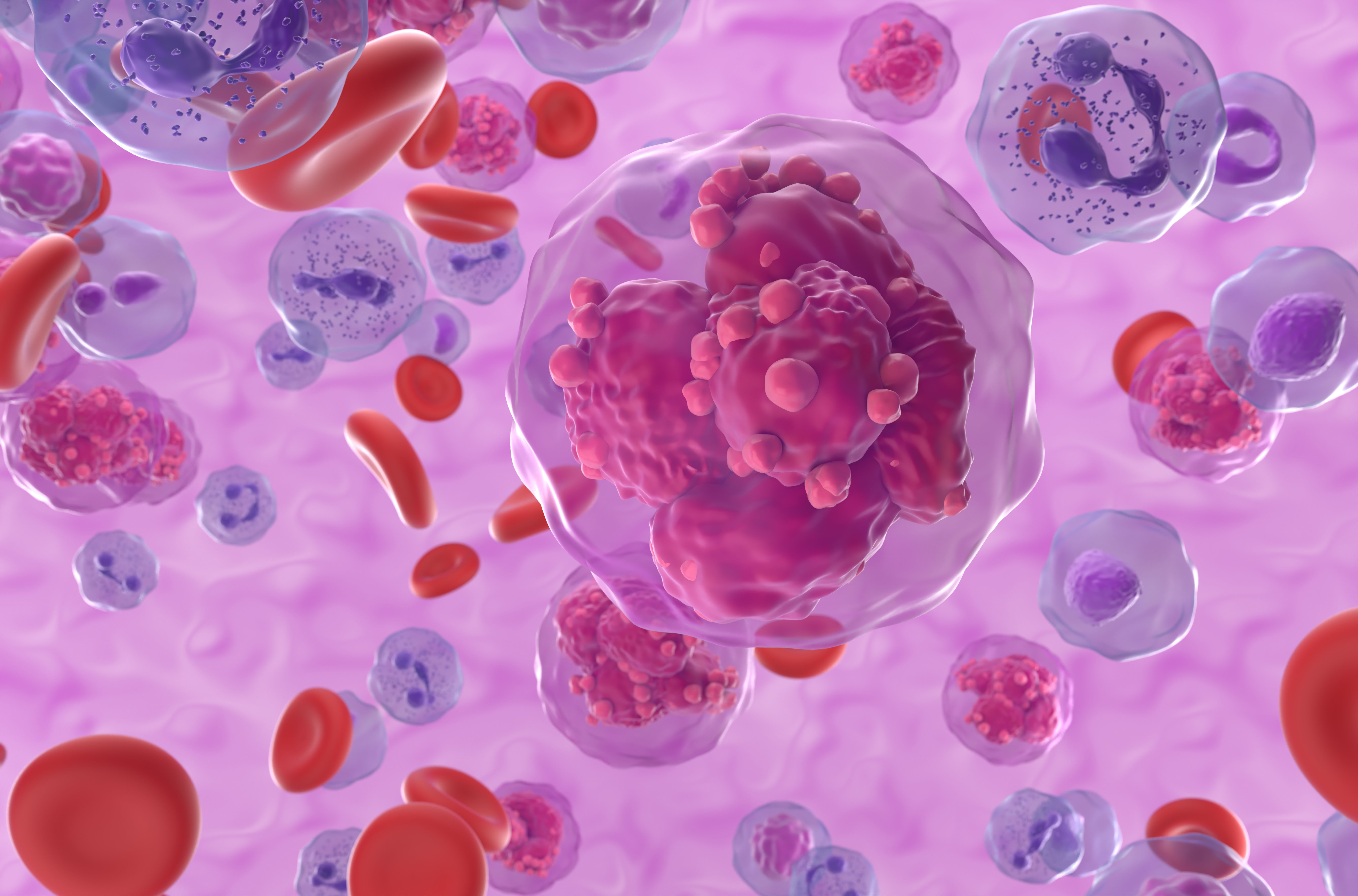A patient with non-Hodgkin lymphoma (NHL) has been dosed with ACE1831, marking the commencement of a phase 1 study (NCT05653271).1
ACE1831 is an off-the-shelf gamma delta T-cell therapy, the first of its kind to enter clinical development, according to a press release issued by Acepodia. The agent, which is derived from health donors, was deemed a novel approach for the treatment of B-cell malignancies based on preclinical research in which ACE1831 demonstrated antitumor activity. Moreover, tumors treated with ACE1831 had a low risk of developing graft-versus-host disease or interleukin-6-related toxicity.2
Chimeric antigen receptor (CAR) T-cell therapy is commonly used for B-cell malignancies. However, these CAR T products are associated with high levels of toxicity, high relapse rates, treatment delays, and financial toxicity.2
About the Phase 1 Study
Trial Name: A Phase 1 Multicenter Study Evaluating the Safety and Efficacy of ACE1831, an Allogeneic CD20-conjugated Gamma Delta T-cell Therapy, in Adult Subjects With Relapsed/Refractory CD20-expressing B-cell Malignancies
ClinicalTrials.gov Identifier: NCT05653271
Sponsor: Acepodia Biotech, Inc.
Recruitment Contact: Stephanie Chien, +1 415-366-7822, clinical@acepodiabio.com
Completion Date: September 2027
“Currently available cell therapies still present challenges in effectively engaging cancer cells due to immunosuppression caused by the tumor microenvironment. By utilizing potent gamma delta T cells with our novel tumor-targeting mechanisms, we are committed to identifying a safe and therapeutic dose in this phase 1 trial and to advancing this study in larger patient cohort,” said Sonny Hsiao, PhD, chief executive officer, Acepodia, in the press release.
In the phase 1, first-in-human, multicenter study of ACE1831, approximately 42 patients with relapsed or refractory CD20-expressing B-cell malignancies will be enrolled and assessed in 2 groups. In group A, patients will receive escalating doses of ACE1831 monotherapy after cyclophosphamide lymphodepletion therapy. In group B, patients will be given ACE1831 in combination with obinutuzumab (Gazyva) following lymphodepleting therapy.3
The coprimary end points to be assessed in the study include the incidence of adverse events (AEs), change from baseline in physical examination results, laboratory test results, vital signs, urinalysis results, and electrocardiogram results, as well as the maximum-tolerated dose of ACE1831. The study will also investigate the half-life of ACE1831, titration of anti-ACE1831 antibodies after administration, and objective response rate as secondary end points. Another outcome measure in the study will be pharmacodynamic determined by serum levels interferon-γ, TNF-α, IL-2, IL-6, IL-8 and IL-10, in addition to other potential biomarkers.
To be eligible for inclusion, patients with CD20-positive B-cell malignancies must have at least 1 measurable lesion at baseline, an ECOG performance status of 0-1, adequate hematologic function, adequate renal hepatic, and cardiac function, and oxygen saturation via pulse oxygenation ≥ 92% at rest on room air.
Patients will be excluded from the study if they have been previously treated with a genetically modified cell therapy product targeting CD20 or if they have undergone autologous stem cell transplant within 6 weeks or have prior allogeneic stem cell transplantation. Patients with a history of central nervous system (CNS) lymphoma or primary CNS lymphoma or history of clinically relevant CNS disorder, or other untreated malignancies will be excluded. Investigators will also exclude patients with certain comorbidities that can potentially interfere with the effectiveness or safety of study treatment.
"As we continue to validate our Antibody-Cell Conjugation technology in humans, this trial marks the beginning of a new chapter in the field of allogeneic cell therapy," added Hsiao.2
The phase 1 study is actively recruiting eligible patients at sites in Kentucky and New Jersey.3
REFERENCES:
1. Acepodia announces first patient dosed in phase 1 clinical trial of ACE1831, an anti-CD20 armed allogeneic gamma delta t-cell therapy in development to treat patients with non-hodgkin's lymphoma. News release. Acepodia. May 22, 2023. Accessed May 25, 2023. https://rb.gy/3ixjg
2. Wu T, Li H, Hsiao C, et al. ACE1831: A novel allogeneic αCD20-conjugated Vδ2 gamma delta T product for non-Hodgkin’s lymphoma. Cancer Res. 2022; 82 (suppl 12): 5573. doi:10.1158/1538-7445.AM2022-5573
3. ACE1831 in adult subjects with relapsed/ refractory CD20-expressing B-cell malignancies. ClinicalTrials.gov. Updated April 13, 2023. Accessed May 25, 2023. https://clinicaltrials.gov/ct2/show/NCT05653271?term=ACE1831&draw=2&rank=1
